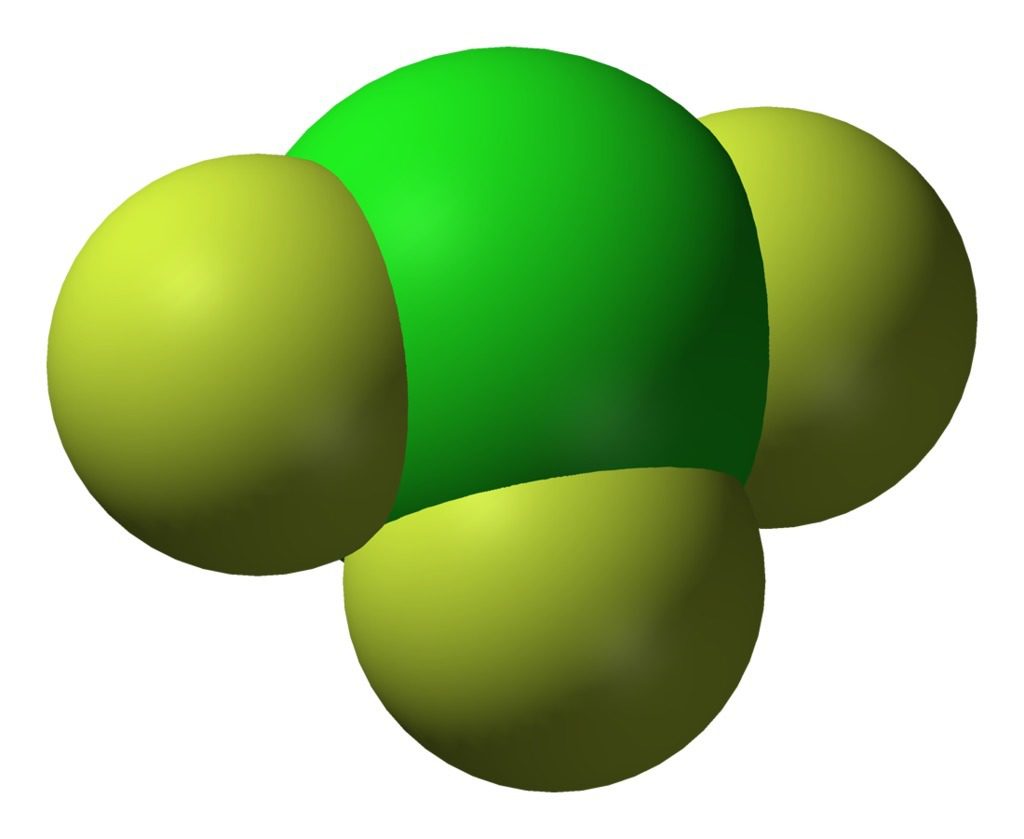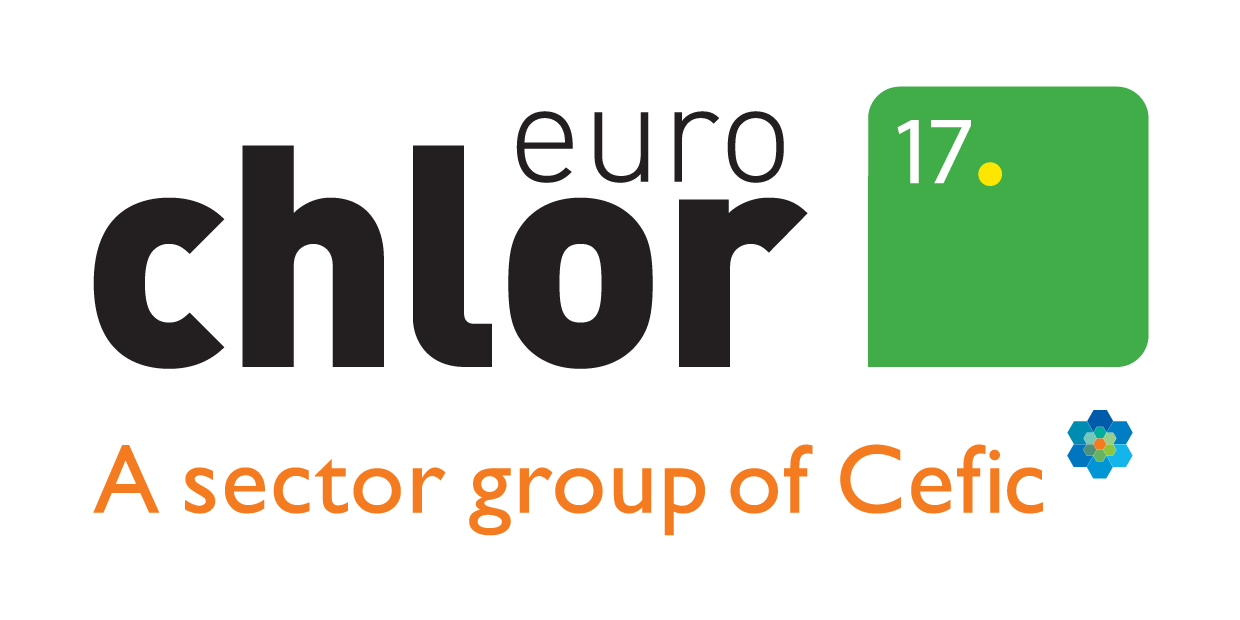October 2015 Chlorine Production
Chlorine production & capacity utilisation - EU 28 + Norway/Switzerland
|
Month |
Production (tonnes) |
Capacity Utilisation (%) |
|||
|
2014 |
2015 |
% change |
2014 |
2015 |
|
|
January |
819,962 |
816,349 |
-0.4 |
77.6 |
80.0 |
|
February |
789,892 |
772,423 |
-2.2 |
82.8 |
83.8 |
|
March |
821,298 |
822,013 |
+0.1 |
77.7 |
80.6 |
|
April |
804,747 |
741,182 |
-7.9 |
78.7 |
75.1 |
|
May |
824,119 |
819,688 |
-0.5 |
78.0 |
80.3 |
|
June |
752,632 |
806,594 |
+7.2 |
73.6 |
81.7 |
|
July |
837,264 |
827,909 |
-1.1 |
79.2 |
81.2 |
|
August |
798,356 |
820,153 |
+2.7 |
75.5 |
80.4 |
|
September |
803,433 |
786,307 |
-2.1 |
78.6 |
79.6 |
|
October |
780,793 |
769,610 |
-1.4 |
73.9 |
75.4 |
Caustic soda stocks (tonnes)
|
2014 |
2015 |
|
|
January |
266,079 |
253,562 |
|
February |
291,507 |
265,969 |
|
March |
284,989 |
270,654 |
|
April |
284,036 |
270,081 |
|
May |
279,330 |
251,389 |
|
June |
249,010 |
236,553 |
|
July |
244,163 |
239,320 |
|
August |
253,117 |
242,899 |
|
September |
248,129 |
241,728 |
|
October |
226,832 |
216,075 |
Further information:
Dolf van Wijk, Executive Director, tel: +32 2 676 73 70
Footnote to Editors
Some of the totals for each month may vary slightly compared with figures used earlier. Please rely on the most recent information since it sometimes happens that estimates have to be made when data is supplied late by a producer. This is subsequently adjusted when the actual figure becomes available.
Euro Chlor is a Brussels-based business association representing chlor-alkali producers in the EU and EFTA regions employing about 39,000 people at 64 manufacturing locations. Almost 2,000,000 jobs in Europe are directly or indirectly related to chlorine and its co-product caustic soda (sodium hydroxide). These two key chemical building blocks underpin 55% of European chemical industry turnover.

